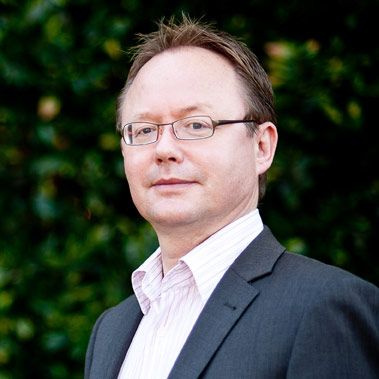Center for Advanced Genocide Research Presents Visual History Archive Down Under

Center director Wolf Gruner will give a presentation at the International Association of Genocide Scholars (IAGS)’s 13th meeting, held at the University of Queensland in Brisbane, Australia, July 9-13. The theme of this year’s meeting is “Justice and the Prevention of Genocide,” two core components of the UN’s 1948 Convention on the Prevention and Punishment of the Crime of Genocide.
Gruner will present “Defiance and Protest: Forgotten Jewish Resistance in Nazi Germany” on a panel about the Holocaust across Europe on the first full day of the meeting. In the presentation, Gruner argues that the fact that German Jews protested in public and defied many Nazi measures obliterates the common picture of the passivity of the persecuted. Instead, this research gives back agency to ordinary German Jews in extraordinary circumstances and does alter dramatically our understanding how the Jewish population reacted towards Nazi oppression. This research illuminates our understanding of what enables people to resist genocide and thus contributes to the study of prevention of genocide in general.
The Center’s Research Program Officer Martha Stroud will also be at the IAGS meeting to run a Visual History Archive exhibition booth, where meeting attendees can search the archive and learn more about it.
After the IAGS meeting, Gruner will present the same research at the B’nai B’rith Anti-Defamation Commission in Melbourne on July 17 and at the Sydney Jewish Museum on July 19.
The Center’s trip to Australia will also include a roundtable discussion hosted by Deakin University’s Contemporary Histories Research Group in downtown Melbourne on July 18. Titled “The End of History? Forgetting, Denial, History and Ideology,” the roundtable brings together Gruner and three scholars from New York, Argentina and Canada to discuss genocide denial and its impact on past and current events.